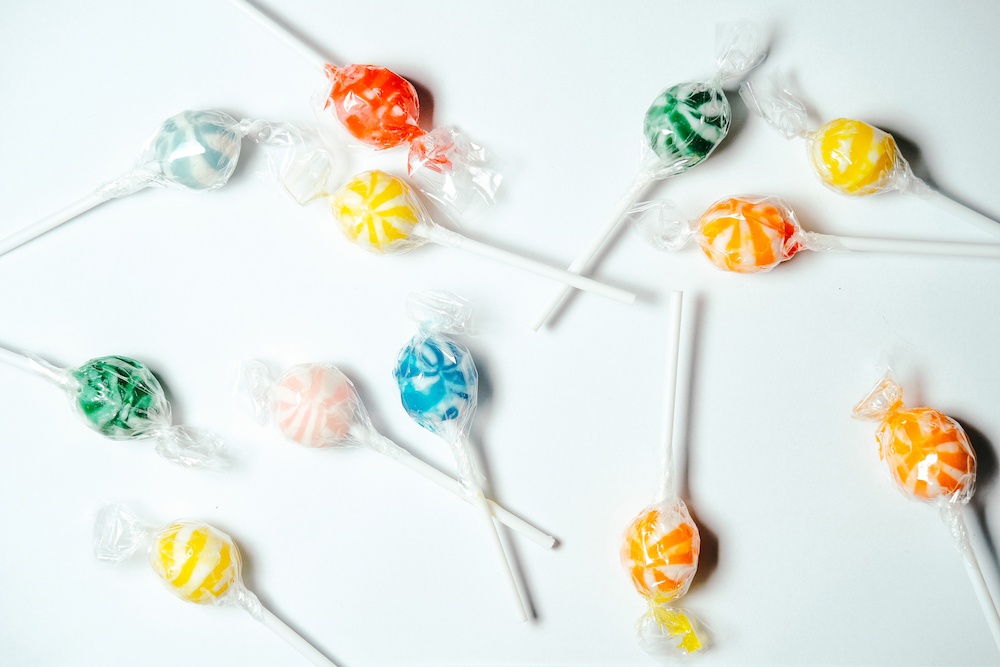While everyone occasionally gets a sweet tooth, people recovering from substance use disorders often experience intense sugar cravings. The link between sweets and addiction is more prevalent than you might realize, so if you are trying to stay sober and find yourself suddenly wanting to binge on candy and chocolate, you aren’t alone. Here’s why this phenomenon happens and what you can do to control it.
Why Do Recovering Addicts Crave Sugar?
Long-term drug use involves changes in your brain’s chemical makeup – specifically, the areas responsible for pleasure and reward. When you use alcohol or drugs, it floods your brain with feel-good neurotransmitters, which reinforces a feedback loop that encourages future drinking or drug use. Eventually, your brain will struggle to achieve its natural balance when you are sober, and at that point, you may experience challenging withdrawal symptoms when trying to quit.
Researchers have discovered several similarities between sugar and addictive drugs. For example, sugar causes an initial euphoria, followed by a crash. While these highs and lows are less intense than what you experienced during active addiction, they show how evolution has hardwired our brains to make sugary foods feel much more rewarding and pleasurable than nutritious foods, making them tempting to people who are battling addiction.
Drug Abuse and Sugar – What’s the Connection?
Alcohol, opioids and stimulants all affect sugar consumption in different ways that you should be aware of in early recovery.
- Alcohol: Alcohol disrupts the body’s natural blood sugar regulation. It can also make problem drinkers more vulnerable to severe nutrient deficiencies. As a result, people who stop drinking can experience powerful cravings for desserts like cookies, cake and ice cream.
- Opioids: Sugary foods activate the same brain receptors as opioids. After quitting opioids, chronic abusers may feel compelled to eat sweets. Interestingly, the same medications used to treat opioid use disorder can also reduce sugar cravings and consumption.
- Stimulants: Stimulants like cocaine and amphetamines are appetite suppressants, so it might seem counterintuitive that stimulant users gravitate toward sugary foods and drinks. Still, some people in recovery use sweet foods as a survival strategy to get sufficient calories when they don’t have an appetite for anything else.
The Deprivation-Reward Cycle
Many people quit drinking or using drugs in a burst of motivation, only to find their determination flagging a short time later. Even self-disciplined people can set themselves up for failure if they lack a robust support system and have not addressed the underlying reasons they abused alcohol and drugs to begin with.
When you deprive yourself of something you enjoy, you naturally want to indulge in some other area to make up for the perceived loss. In that way, an overreliance on sugar or unhealthy behaviors like binge eating could easily become a replacement for your substance of use.
Find Freedom at Our Christian Rehab
Quitting drugs and alcohol can cause a wide range of unpredictable side effects, from frustrating sugar cravings to headaches, insomnia, nausea and seizures. You can benefit from completing medically supervised detox with monitoring from a team of clinicians who can recognize and treat your unique symptoms.
At Celebrate Hope, our Christian detox program helps clients safely and comfortably stop using alcohol, prescription medications and illicit drugs. Once you are free of all toxic substances and thinking clearly, you can start the next phase of your recovery journey ready to heal yourself and restore your relationship with God. Contact us today to learn more about what we offer.

